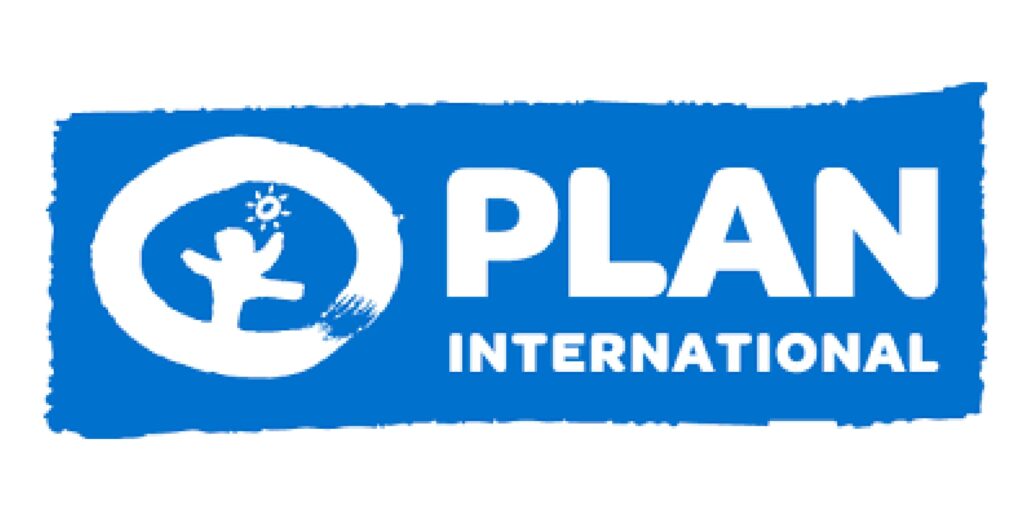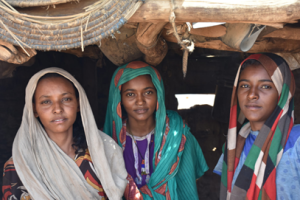
Baseline Study for Obligation to Protect and Empower Girls (OPEG) Phase II in Sudan – Kassala and White Nile

Plan International Sudan commissioned Research Methods International (RMI), a research and development consultancy firm, to carry out the Baseline Study for Obligation to Protect and Empower Girls (OPEG) Phase II in Sudan in Kassala and White Nile states. In light of the high prevalence of FGM/C among women and girls in Sudan, OPEG Phase II, a continuation of Phase I was developed. First scheduled to take place in Kassala, North Darfur, and White Nile states from October 26, 2023, to January 15, 2024, the baseline study was ultimately completed on June 30, 2024, in Kassala and White Nile states. North Darfur was not covered because of the war situation in Sudan.
In addition to ensuring local efforts to address gender inequality and social norms that uphold harmful practices against girls and women are considered, OPEG aims to influence the enactment and implementation of legislation that protects children, girls, and young women under international standards and frameworks. The project uses comprehensive program strategies and approaches to strengthen and empower Sudanese girls and young women who are at risk of FGM/C and CEFM through formal and informal protection mechanisms. With a track record of achieving results for children’s rights, Plan International collaborates with enduring local partners. Where the partners may be weaker, the project seeks to strengthen them in areas determined to be crucial to the action. It combines the testing of novel approaches with the scaling up of previously proven strategies. The project builds connections and alliances among various stakeholder types and across community, state, and national stages to facilitate change. It is multi-layered (target groups will benefit from multiple activities) and multi-leveled (engage at individual, community, state, and nationwide) levels.
Objectives of the Baseline Study
The objectives of the baseline survey are to:
Establish fixed baseline data or starting points against which project outcomes and progress will be measured throughout the resulting framework.
Map out existing community child protection structures/committees and provide recommendations for strengthening available structures or establishing new community-based child protection committees
Capture lessons from Phase I and provide information to reinforce the implementation of Phase II
